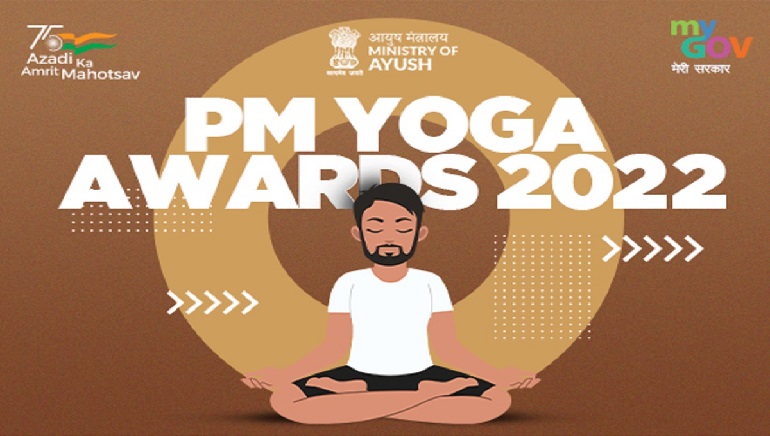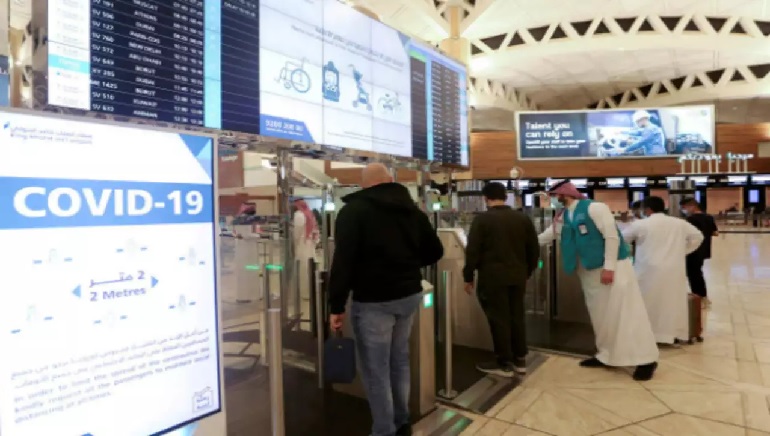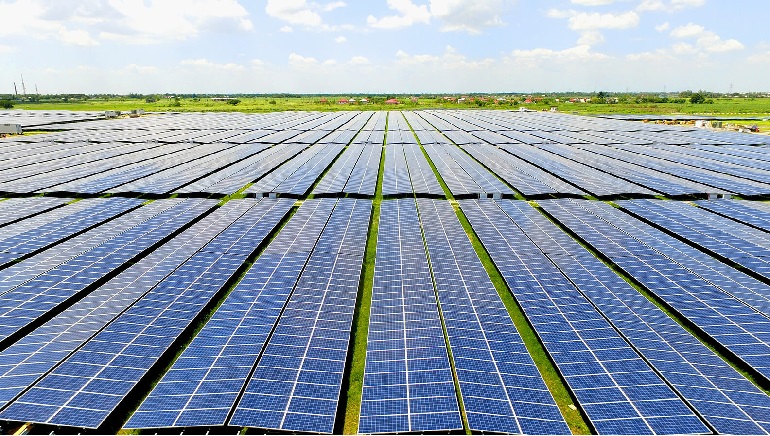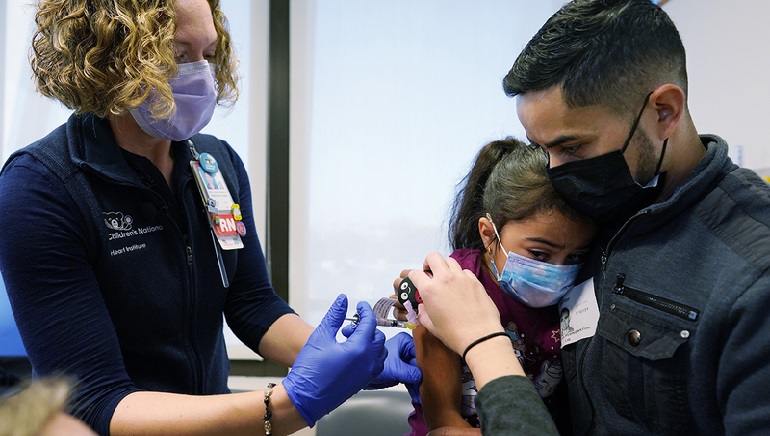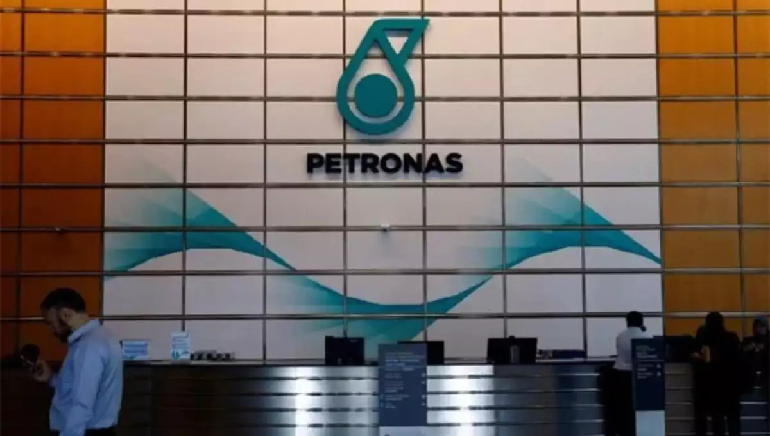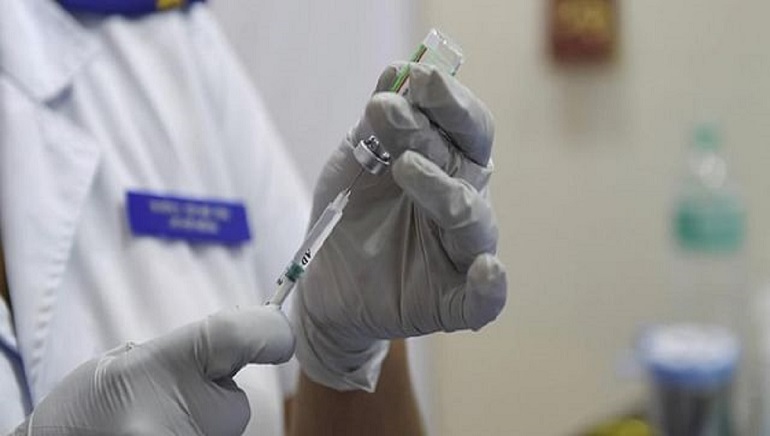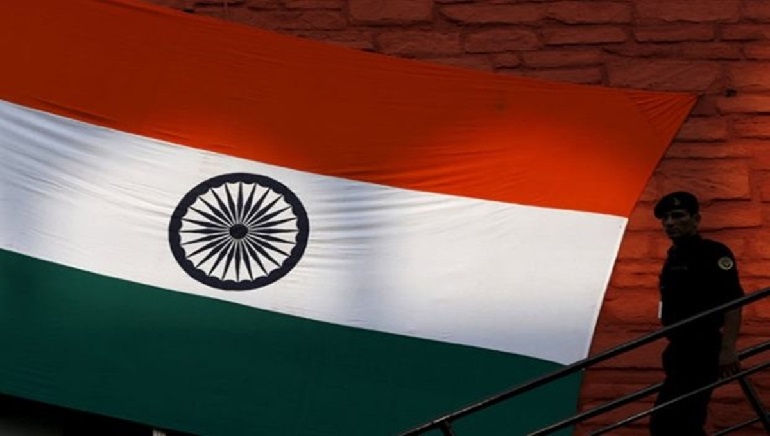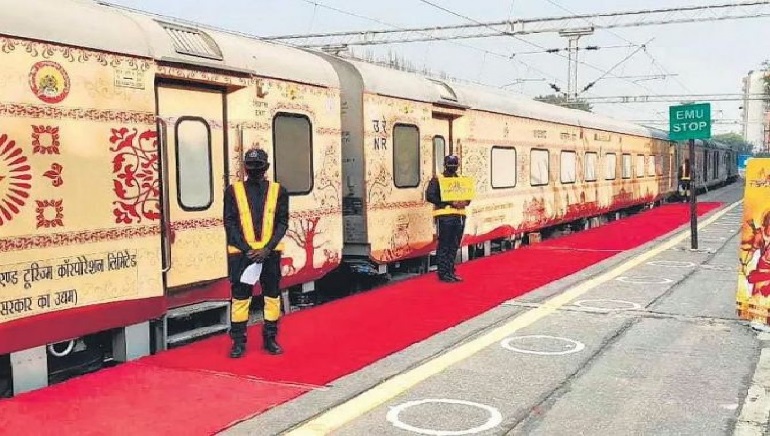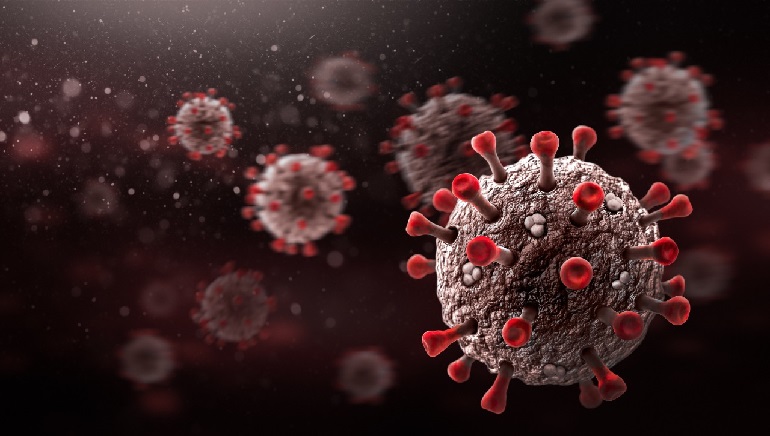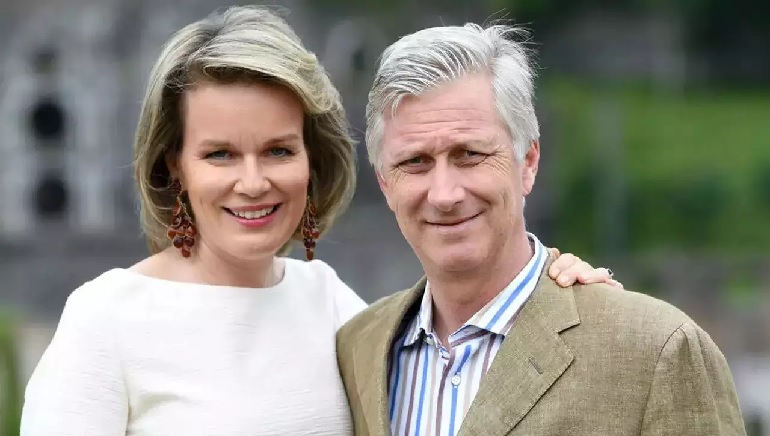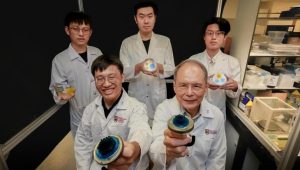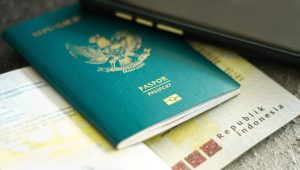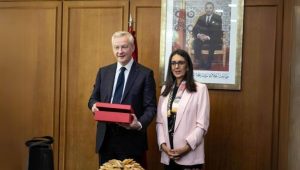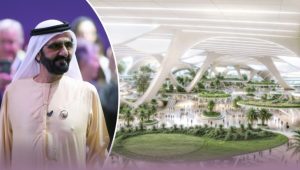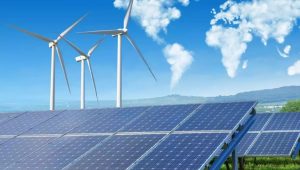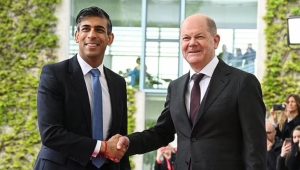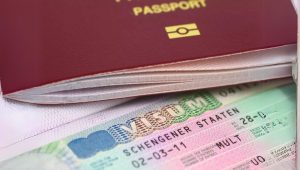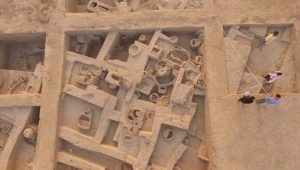The Prime Minister’s award for outstanding contribution to the promotion of Yoga was announced for the year 2021. The award was announced by Mr. Modi on the occasion of the second International Day of Yoga Celebrations at Chandigarh on 21st June 2016.
A social and spiritual worker Bhikkhu Sanghasena is the founder of the Mahabodhi International Meditation Centre in Leh, Ladakh. Marcus Vinicius Rojo Rodrigues from Brazil and the two organizations from Uttarakhand and the United Kingdom: The Divine Life Society and the British Wheel of Yoga respectively are all chosen for the award.
According to the Ayush Ministry, the winners will be facilitated with a cash award of Rs 25 Lakh along with a certificate and a trophy.
These awards were announced on the second International Yoga Day by PM Modi to commemorate individuals and organizations that have made significant contributions to society through the promotion and development of yoga for a sustained period of time.
Institutions and individuals shortlisted for the awards were assessed after a two-stage process. Selections were done in four categories – international individuals, international organizations, national individuals, and national organizations.





